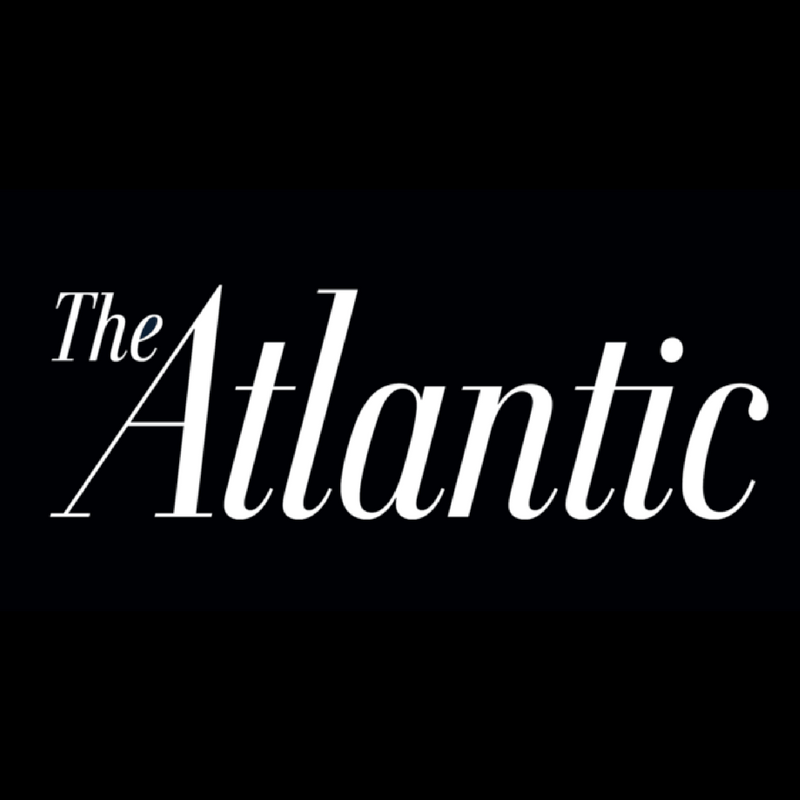In the News: Christopher Mitchell & Olivia LaVecchia
February 6th, 2018
Media Outlet: Alternet
With the abdication of local economic revitalization at the federal level (and at some state levels), national media outlets are increasingly looking to local solutions. It didn’t take Alternet freelance reporter Valerie Vande Panne to find the Institute for Local Self-Reliance and our experts.
For her story Vande Panne discussed these issues with Christopher Mitchell, Community Broadband Networks initiative director, and Olivia LaVecchia, Community-Scaled Economy research associate.
Here are their contributions to her story:
U.S. cities, it seems, sometimes are setting themselves up for decay, with big tax giveaways, ever-rising prices and systems that put the bulk of the tax burden on the poor. …
At the same time, many cities, in favor of business models that can move those traditional indicators, have “discounted their local business community and local economic development,” says Olivia LaVecchia, research associate at the Institute for Local Self-Reliance (ILSR). “Some cities haven’t realized how important [local small businesses] are for an economically resilient city” and continue to put their eggs into the baskets of massive corporations, like GE or Amazon.
ILSR approaches cities more as nation-state communities, says Christopher Mitchell, director of community broadband networks at ISLR. They help cities “do their best with what [they] have.” A fundamental question they ask is, “Are resources staying in the community or are they leaving the community?”
Often, the harm a giant corporation or big-box store does to a community doesn’t seem to be measured using traditional indicators. Box stores will use what’s known as the “dark store tactic” to reduce or eliminate their tax responsibility, LaVecchia explains. Since the big-box chain-store business model is to build a purpose-built store that has no resale value, the store, they argue, should be compared with stores that are closed, so a brand new Lowe’s might be valued as closed and compared to other closed stores. With this tactic, big-box stores “are winning big slashes in what they owe in property tax, and in some cases cities have to refund back property tax,” LaVecchia says. Not only is the company not paying tax into the community, the company is extracting ever more resources from the community. …
For LaVecchia, it’s “about creating a generally supportive environment”—often with zoning policies that restrict franchises, chains and box stores, and facilitate small businesses and walkable communities. Zoning can also be used to bring back the night sky and generally create a happier environment for the community.
And states can also make interesting policies. In North Dakota, in order to own a pharmacy, “you have to be a pharmacist,” explains LaVecchia. “So CVS, Walgreens, can’t open there. It keeps control in the hands of locals, and it keeps it more competitive, gives more pharmacy access in rural areas, with competitive prices. Some evidence suggests a higher level of service. With smart policies you end up with a more competitive environment and benefits associated with that.”
…
Read the full story here.
Follow the Institute for Local Self-Reliance on Twitter and Facebook and, for monthly updates on our work, sign-up for our ILSR general newsletter.





